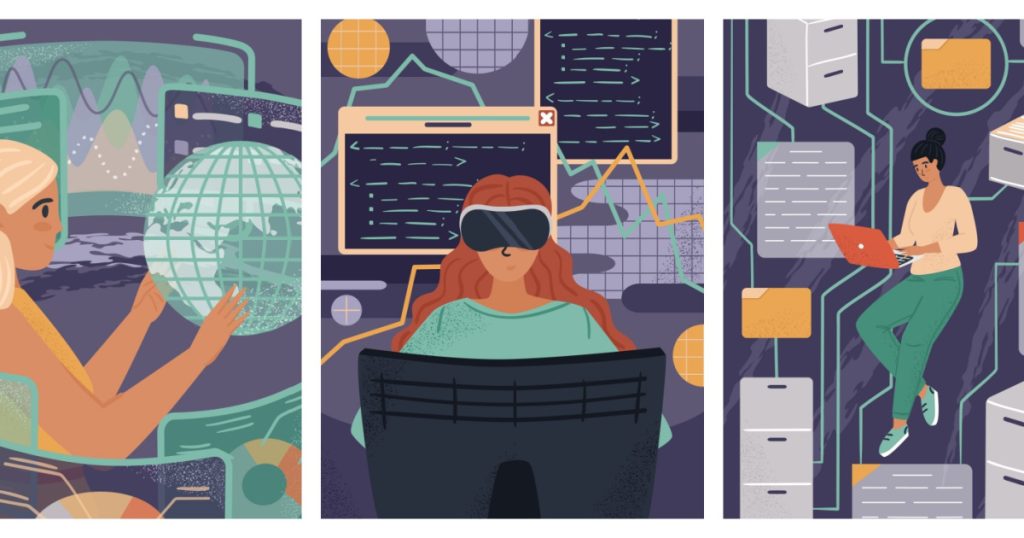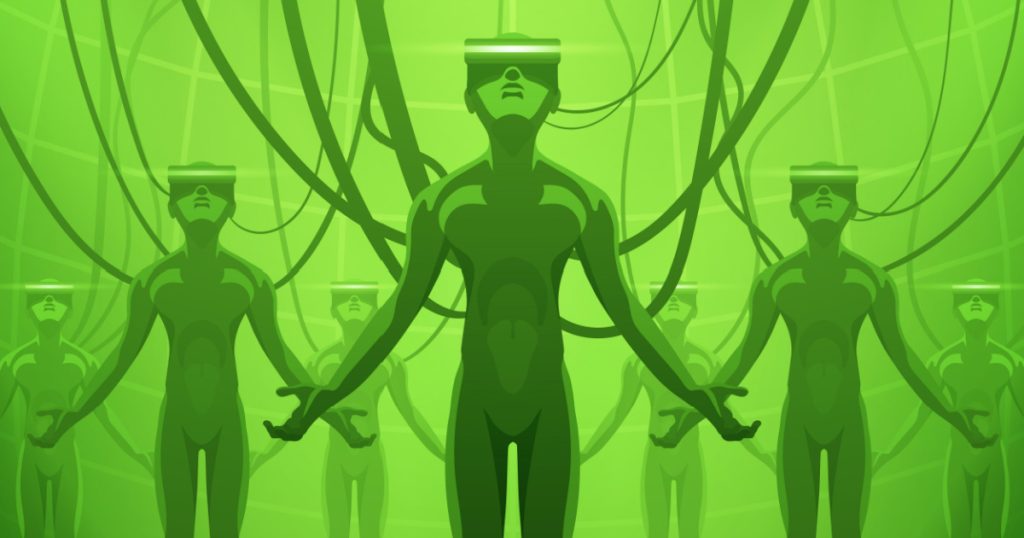As the world embraces the unprecedented growth of artificial intelligence (AI) technologies, the benefits and promises of these advancements are becoming more apparent. From enhancing medical diagnoses to revolutionizing customer service, AI is transforming various industries and aspects of daily life. However, with the rapid expansion of AI comes the necessity to consider the potential risks and challenges accompanying its widespread adoption.
AI indeed presents incredible opportunities for society, but it is equally important to be aware of the significant dangers it poses. From job displacement and economic inequality to privacy concerns and security risks, understanding these issues is essential to engage in meaningful discussions about AI’s legal, ethical, and societal implications.
In this article, we will delve into nine massive dangers of AI that are already happening. We will explore how AI’s lack of transparency can lead to distrust and resistance among users, how bias and discrimination can perpetuate existing societal inequalities, and how privacy concerns arise with the collection and analysis of personal data by AI technologies.
1. Lack of Transparency:

AI systems, especially deep learning models, can be complex and difficult to interpret. This lack of transparency obscures decision-making processes, leading to distrust and resistance to adopting these technologies.1
2. Bias and Discrimination:

AI systems can perpetuate societal biases due to biased training data or algorithmic design. To minimize discrimination, unbiased algorithms and diverse training data sets are essential. Remember that time AI ended up being racist? That wasn’t fun.
3. AI Privacy Concerns:

AI technologies often collect and analyze large amounts of personal data, raising data privacy and security issues. Advocating for strict data protection regulations and safe data handling practices is crucial.
4. Ethical Dilemmas:

Ensuring ethical values in AI systems, particularly in decision-making contexts, is challenging. Prioritizing the ethical implications of AI technologies is necessary to avoid negative societal impacts.
5. Security Risks with AI:

As AI technologies become more sophisticated, the potential for misuse and cyberattacks also increases. AI-driven autonomous weaponry raises concerns about rogue states or non-state actors using this technology. Governments and organizations must develop secure AI development practices and foster international cooperation to protect against AI security threats.
6. Concentration of Power:

AI development dominated by a few large corporations and governments can exacerbate inequality and limit diversity in AI applications. Encouraging decentralized and collaborative AI development can avoid a concentration of power.
7. Dependence on AI:

Overreliance on AI systems may lead to losing creativity, critical thinking, and human intuition. Striking a balance between AI-assisted decision-making and human input is vital.
8. Job Displacement:

AI-driven automation has the potential to lead to job losses across various industries. Workers must adapt and acquire new skills to remain relevant in the changing landscape.
9. Economic Inequality:

AI can contribute to economic inequality, disproportionately benefiting wealthy individuals and corporations. Policies promoting economic equity, such as reskilling programs and inclusive AI development, are crucial in combating this issue.
Some of These Problems Are Already Happening
These risks are already impacting society, and there are real-world examples to support these concerns. For instance, AI-generated misinformation, deepfakes, and manipulation of public opinion have been observed. Additionally, job displacement due to AI-driven automation is a reality, and finding ways to address these challenges is crucial.2
Experts have also raised concerns about AI systems becoming more powerful and potentially uncontrollable, leading to unanticipated consequences.3 There are fears of AI systems behaving in ways that are detrimental to humanity and possibly even posing existential risks if not aligned with human values and priorities.
It is evident that AI poses significant dangers, and addressing these risks should be a global priority. International cooperation, responsible AI development, and ethical guidelines are essential to ensure AI’s benefits outweigh its potential harms.4 Policymakers, researchers, and industry leaders must collaborate to create regulatory frameworks and guidelines that protect society from the negative consequences of AI while harnessing its potential for positive change. As AI continues to evolve, it is vital to remain vigilant and proactive in addressing these challenges to create a safe and beneficial AI-driven future for humanity.
Sources
- “The 15 Biggest Risks Of Artificial Intelligence.” Forbes. Bernard Marr. June 2, 2023.
- “What are the dangers of artificial intelligence?” News Nation Now. Stephanie Whiteside. February 28, 2023.
- “What Exactly Are the Dangers Posed by A.I.?” NY Times. Cade Metz.
- “Artificial intelligence poses ‘risk of extinction,’ tech execs and experts warn.” CBC. May 2023.

